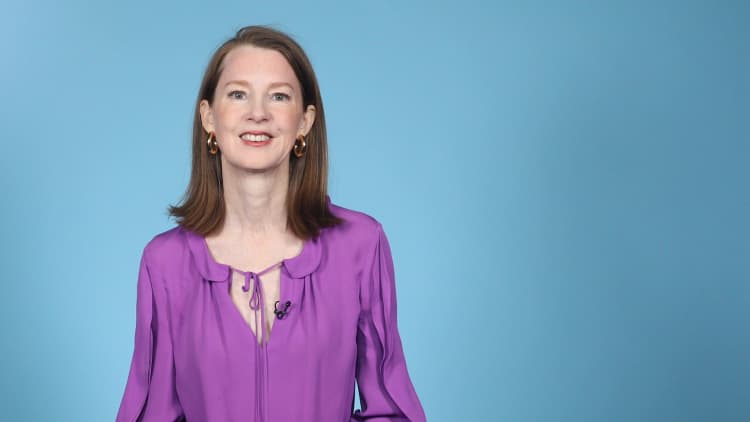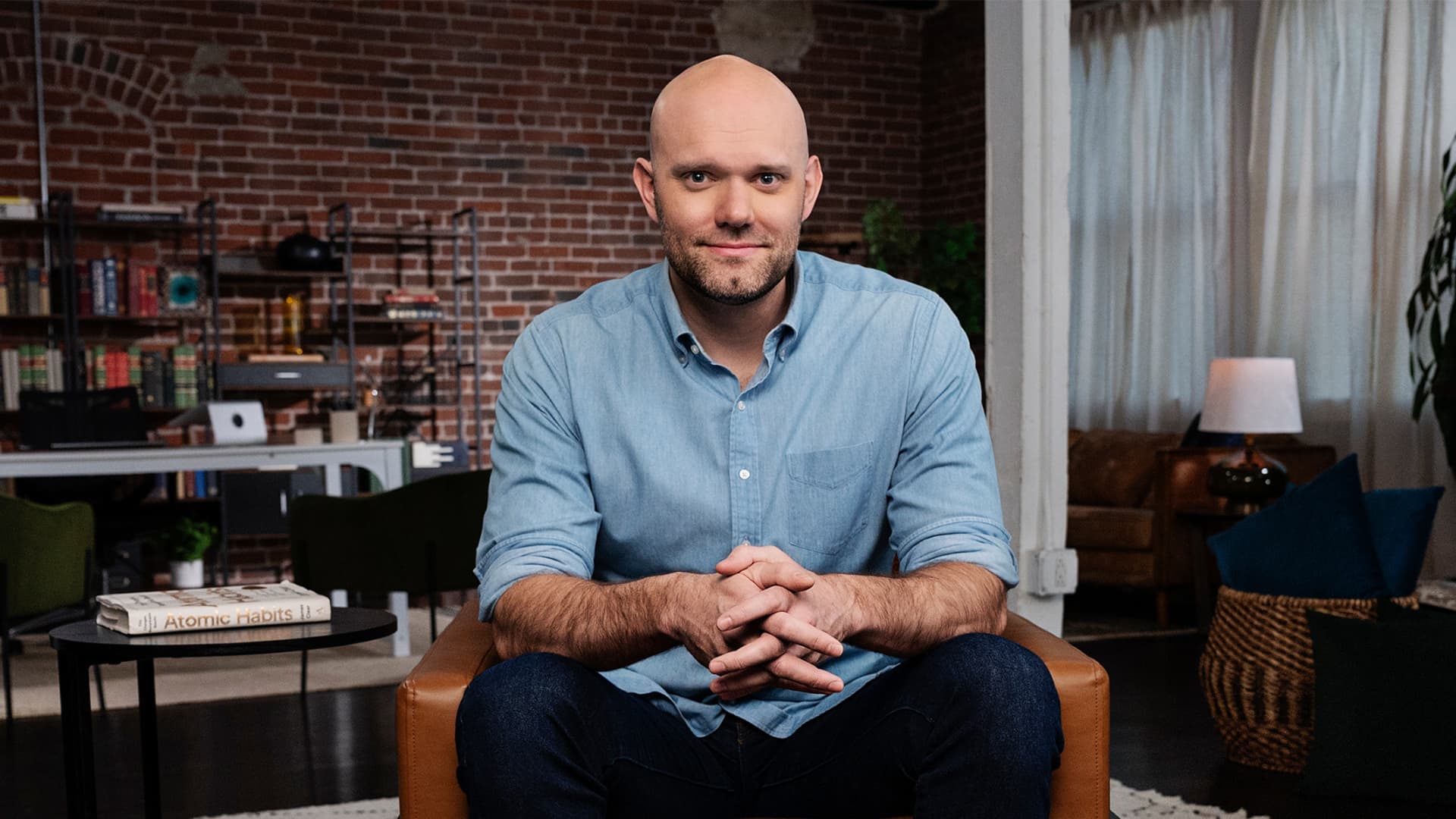There are many distractions that can get in the way of work — but the “greatest interruption” to productivity is the mindless scrolling of phones, according to bestselling author James Clear.
“It’s so top-of-mind, [your phone’s] right next to you at all times. It’s there to interrupt almost any focused, creative task that you’re trying to work on,” Clear shared on his newly launched course on MasterClass, where he refreshed his “Atomic Habits” philosophy.
“The choices that you make on your screen at home often end up shaping where you spend your time throughout the workday. Maybe, you download Instagram when you’re at home. But then you find yourself scrolling mindlessly for 30 minutes while you’re at work.”
You want fewer steps between you and the desired behavior and more steps between you and the undesired behavior.
Interruptions like social media or constant notifications ultimately prevent us from “performing at a high level,” said Clear — but there are ways to dial back distractions and optimize consumption habits.
‘One space one use’
According to Clear, the more that a habit is tied to a particular “dedicated zone” where you do it, the more likely habits are going to stick.
“[This] is what I would call ‘once space, one use’ … For example, let’s say you’re trying to build a new habit of reading. But whenever you sit down on your couch, you find yourself getting distracted. You want to turn on the TV,” he explained.
“So in creating a reading zone, you just get a little chair, put it in the corner and the only thing that happens in that chair is [reading].”
Conversely, if you try to perform multiple habits in the same zone, it becomes much easier to be distracted.

“If I have my phone in front of me, I’ll check it every three minutes just because it’s there,” said Clear.
While turning off the phone or notifications may improve the odds that you don’t get interrupted, you can also utilize your physical space to help with that.
“The basic idea here is you want fewer steps between you and the desired behavior and more steps between you and the undesired behavior,” he explained.
A rule that Clear tries to follow in his home office is to leave his phone in another room until lunch each day.
“I don’t always do it but when I do, I almost always have a better morning because I get to work on my agenda, I get to respond to things that I find most appropriate,” he shared.
By trying to improve your digital environment … you’re in a better position to shape your habits rather than have them shape you.
“I always think it’s funny, if I really wanted it, I could just walk down the hallway and go get it, it’s only 30 seconds away. But I never do.”
That proves the power of introducing just “a little bit of friction” to curtail bad habits and taking back the reins.
“You can put yourself in the driver’s seat again, by optimizing your physical environment,” Clear added.
“By trying to improve your digital environment … you’re in a better position to shape your habits rather than have them shape you.”
Getting 1% better
Forming new habits, however, is easier said than done. That’s why Clear advised to focus on just “1% improvement” each day.
“As the days stack up, you’ll find that those small changes, those reasonable approaches that you take on stack into something much greater,” he added.
If you have good habits, time becomes your ally. If you have bad habits, time becomes your enemy — every day that goes by kind of digs the hole a little bit deeper.
“Time will magnify whatever you feed it. If you have good habits, time becomes your ally. If you have bad habits, time becomes your enemy — every day that goes by kind of digs the hole a little bit deeper.”
Clear added that forming good habits is all about emphasizing the trajectory, instead of your position.
“There’s a lot of discussion about position in life, what’s the number on the scale? How much money’s in the bank account? We have all these ways of analyzing what our current position is,” he said.
“What I’m encouraging is to say: Let’s take a step back, not worry so much about our current position, and instead focus a little bit more on our current trajectory. Are we getting 1% better or 1% worse?”


